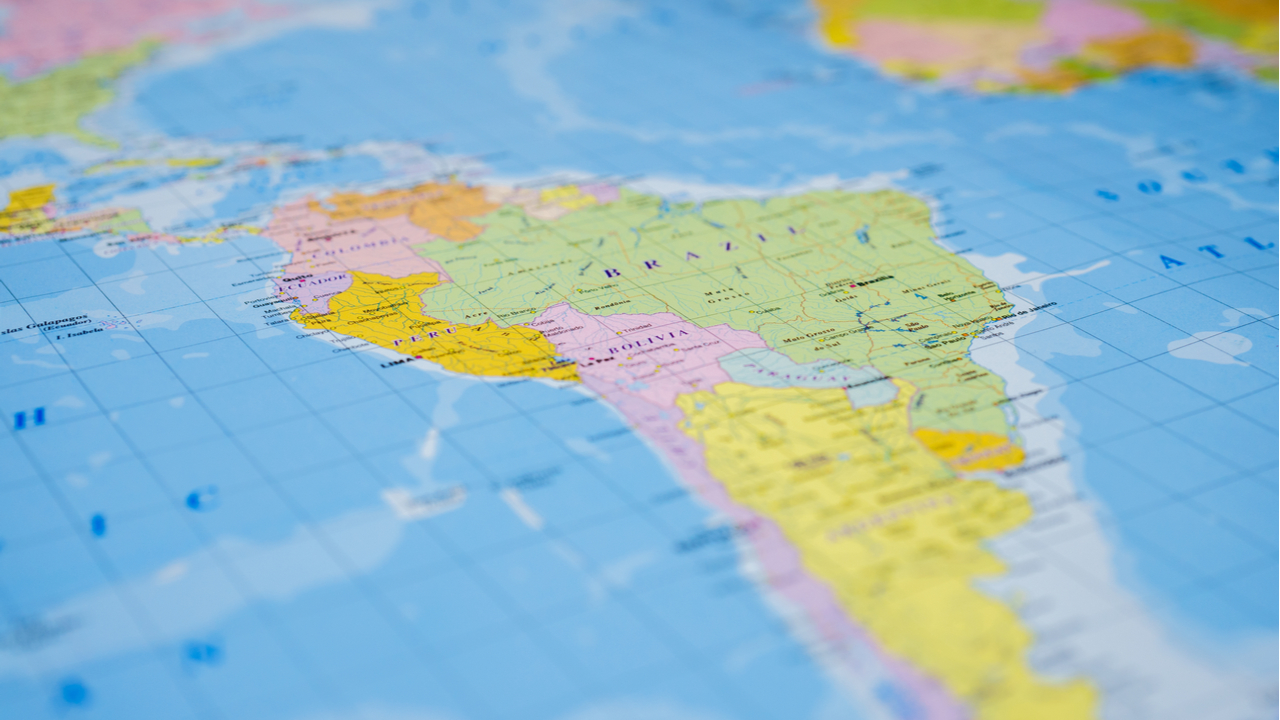
The Bank of Spain has issued a new report about the performance of Latam economies during the first six months of the year. The document states that the current inflationary development that several countries of the region have can lead to institutional instability, even as the region is still recovering from the Covid-19 pandemic.
Bank of Spain Report Founds Latam Is Still Vulnerable
The Bank of Spain has recently issued a report where it examines the economic situation that Latam as a whole is going through after the Covid-19 pandemic. The report, which explains how the economy of the region has moved during the first six months of the year, describes these countries are still vulnerable even when they are showing signs of recovery.
Inflation is one of the biggest problems that the Bank of Spain found, with rates being near the higher number in the last two decades. In May, the region presented an inflation rate of 9.8% YoY. The biggest elements in this price escalade correspond to essentials like food and energy, which combined with the depreciation in the exchange rates of native fiat currencies v. the U.S. dollar, present a troubling panorama for the region in the short term.
Institutional Instability Might Appear
The report explains that, as a consequence of all of this, Latam might experience a wave of institutional instability. The document reports:
A possible increase in political and social instability (for example, as a result of the loss of purchasing power that the most vulnerable households have been suffering in recent quarters due to the rise in inflation) could significantly hamper the region’s growth prospects and hinder the implementation of far-reaching economic reforms.
In the past, some economies in the region have shown to be dependent on political and institutional instability. Just recently, the dismission of some key members of the Argentinian government propelled a negative change in the exchange rates of the native fiat currency, with citizens taking refuge in stablecoins as an inflation hedge.
However, not all is bad, as the report found that the region has been quick to adapt its monetary policy to curb inflation and devaluation. Also, there has been a positive evolution of the bank credit, as a consequence of the gradual improvement of the economies after the Covid-19 pandemic shock.
What do you think about the report of the Bank of Spain about inflation and its possible effects on Latam economies? Tell us in the comments section below.








